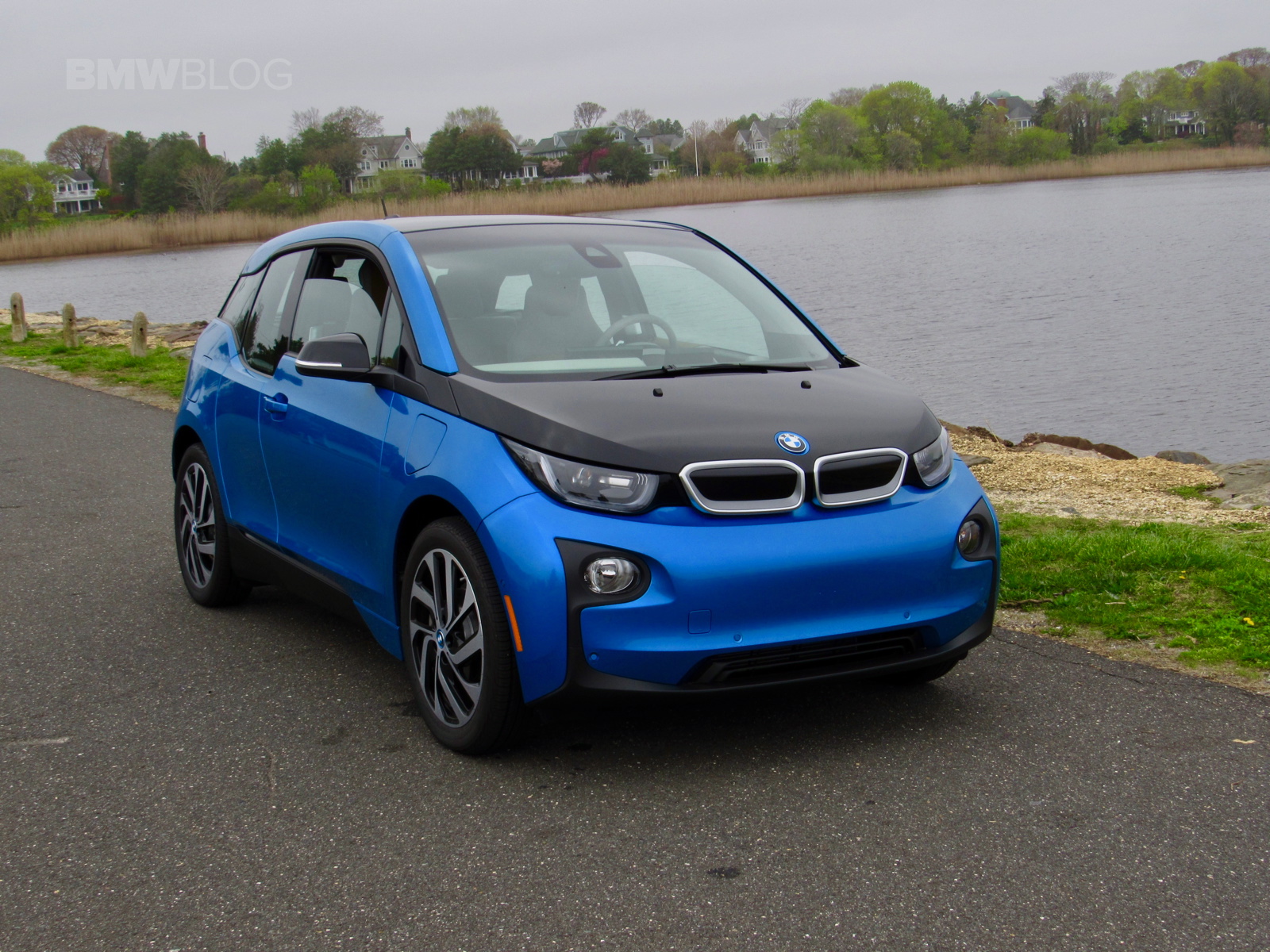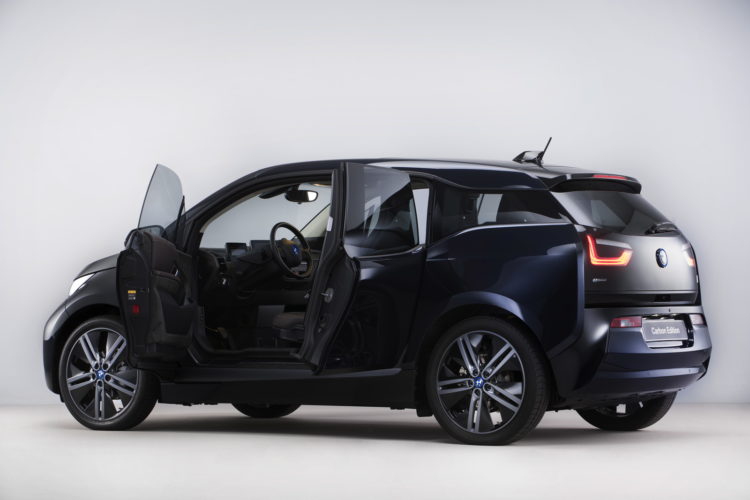A number of European officials are talking more and more about banning combustion engines altogether in the future, starting with diesels. And while that may be troublesome for most car makers as we know them today, these changes are definitely signaling a new era for the auto industry. The most reticent companies out there however are not the automakers but instead the oil companies that will need to adapt to the new changes in the automotive world.
However, there are signs that even Royal Dutch Shell – aka Shell Oil – is changing and that change starts with its highest ranking officials. The CEO recently announced that he will drop the current diesel car he is driving and instead go for something a bit more eco friendly, a Mercedes-Benz S500e. Admittedly, this isn’t exactly the fuel saver you’d expect, as it still has a petrol-powered V6 under the hood that can prove to be quite thirsty but it’s a move in the right direction nonetheless, as the plug-in hybrid can be driven on electric power alone for short distances.
On the other hand, the company’s Chief Financial Officer, Jessica Uhl made a bolder move in the right direction by deciding to drive a BMW i3 for a change. Unlike the Mercedes-Benz S500e, the i3 is indeed a truly sustainable car. From the way the carbon fiber reinforced polymer used in its construction is obtained – using power obtained from the nearby Lake Moses – to the materials used inside, everything was done to have the smallest impact on the environment possible. The plant where the i3 is assembled, in Leipzig, is also using renewable energy.
Unlike the Mercedes, the i3 is also only available with an electric motor using energy from the battery stored in the floor. Of course, there’s also the REx choice which uses a 2-cylinder scooter motor to recharge the battery and keep you going but even so, the emissions are only a fraction of what a plug-in hybrid limousine like the S500e releases into the atmosphere. Could this move to PHEVs or EVs mean that the oil companies are finally starting to acknowledge the changes that need to be done to keep our climate intact? Possibly and it’s a step in the right direction.






































































